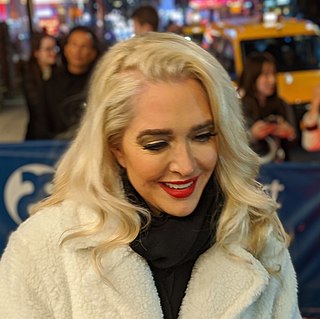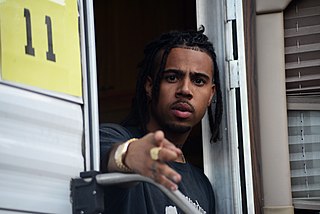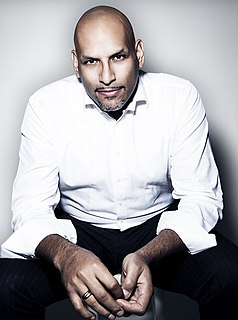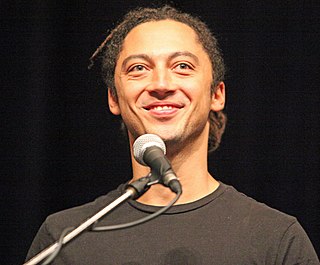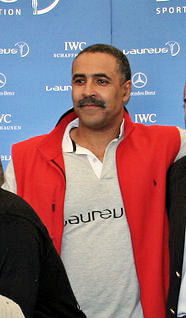A Quote by Lori Lightfoot
I grew up in a small town in a low-income family and was the only black kid in my elementary school. I felt like an outsider, and since I didn't know of LGBT people - much less LGBT black women - living happy, healthy, and successful lives, I didn't believe I could ever marry or have a child.
Related Quotes
If you're going to compare a middle-income black kid with a middle- income white kid, and, say, you control for family background, family education, and family income, and if this middle-income black kid doesn't score as well as the white kid on the test, then I say, look, you haven't taken into consideration the cumulative effect of living in a segregated neighborhood and going to a de facto segregated school. You're denying a position at Harvard or some other place to a kid that really could make it. That's why I support affirmative action that's based on both class and race.
I grew up with this crazy upbringing of living many places and always being the new kid in town, not like a service brat where you're always going to school with other new kids in town. I was constantly arriving in small towns and going to school with kids who'd been together since they were in kindergarten.
I would say I'm black because my parents said I'm black. I'm black because my mother's black. I'm black because I grew up in a family of all black people. I knew I was black because I grew up in an all-white neighborhood. And my parents, as part of their protective mechanisms that they were going to give to us, made it very clear what we were.
There was certainly nothing really sexual about my youth growing up, simply because the fact remains if you're the fat kid in a school and I was the only fat black kid in the school - in fact, I was the only black kid in the school - but if you are kind of ostracized on many different levels in your school the last thing you're worried about is sex.
When you have a small town where all of a sudden there's 3,000 black people living in a neighborhood where there were never black people before, that's a dramatic change. I'm not sure how much the people in the north are acknowledging that this is a permanent phenomenon, that it is going to change the social fabric.
I felt like it was a courageous show [Black-ish] from the beginning. We are a black family - we're not a family that happens to be black. But the show is not even about us being black. The show is about us being a family. That is groundbreaking - on TV, the black characters either happen to be black or they're the "black character," where everything they say is about being black. I think that's the genius.









